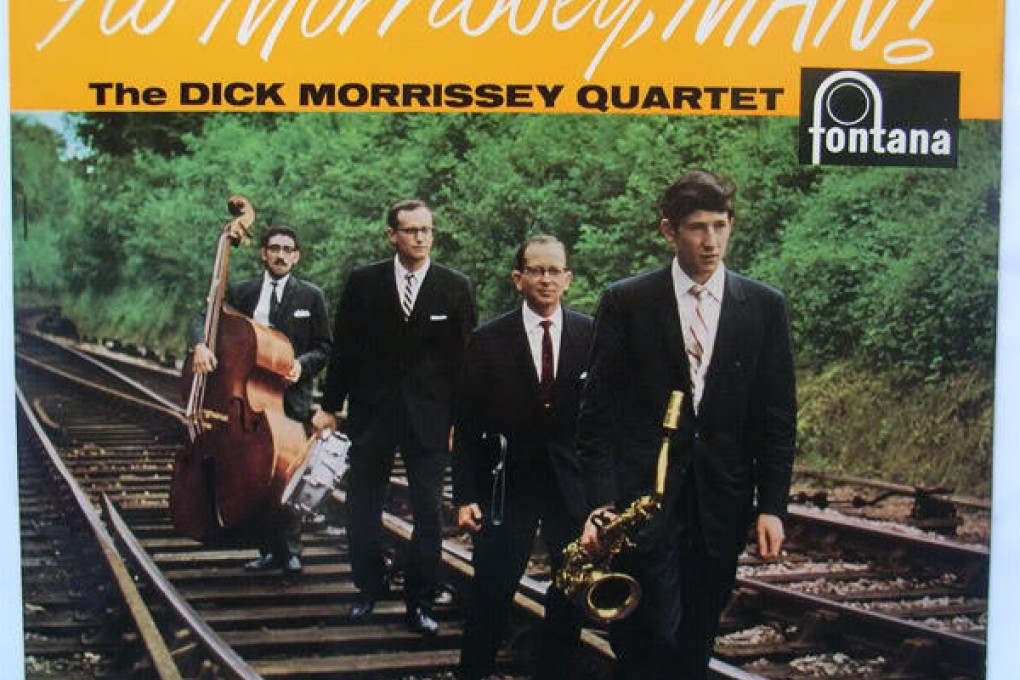
The stature of jazz musicians is often not reflected in the care with which their discographies are maintained. This is particularly true of British tenor saxophonist Dick Morrissey, who died in 2000, aged 60.
None of the albums he made as co-band leader - with Glaswegian guitarist Jim Mullen - of Britain's finest jazz fusion/funk outfit of the 1970s and '80s, Morrissey-Mullen, was available on CD; most had never been issued in that format.
After the saxophonist's death, Mullen put together a 12-track Morrissey-Mullen compilation called Everything Must Change to document that 15-year chapter in his friend's musical life. All proceeds went to Morrissey's family.
It is gratifying, therefore, to hear that two of Morrissey's earliest albums, which have drifted in and out of print over the years, have been combined on one disc under the title On the Spot - The Complete Recordings 1961-1963.
The CD comprises the whole of the Dick Morrissey Quartet's 1961 debut It's Morrissey, Man! and the follow-up, released two years later, Have You Heard?
In 1961 there were few British saxophonists who were seriously considered peers of their American counterparts. Tubby Hayes, born in 1935, and Ronnie Scott (1927), who were partners in the Jazz Couriers, were probably the most highly regarded, along with John Dankworth who was the same age as Scott.
Morrissey and alto saxophonist Peter King, both born in 1940, were perhaps the brightest stars of a younger generation, and despite the lamentable title, It's Morrissey, Man! was a magnificent blowing set which in 1961 gave a lot of other musicians plenty of food for thought. The band for the session comprised Morrissey on tenor, Stan Jones on piano, Malcolm Cecil on bass and Colin Barnes on drums.